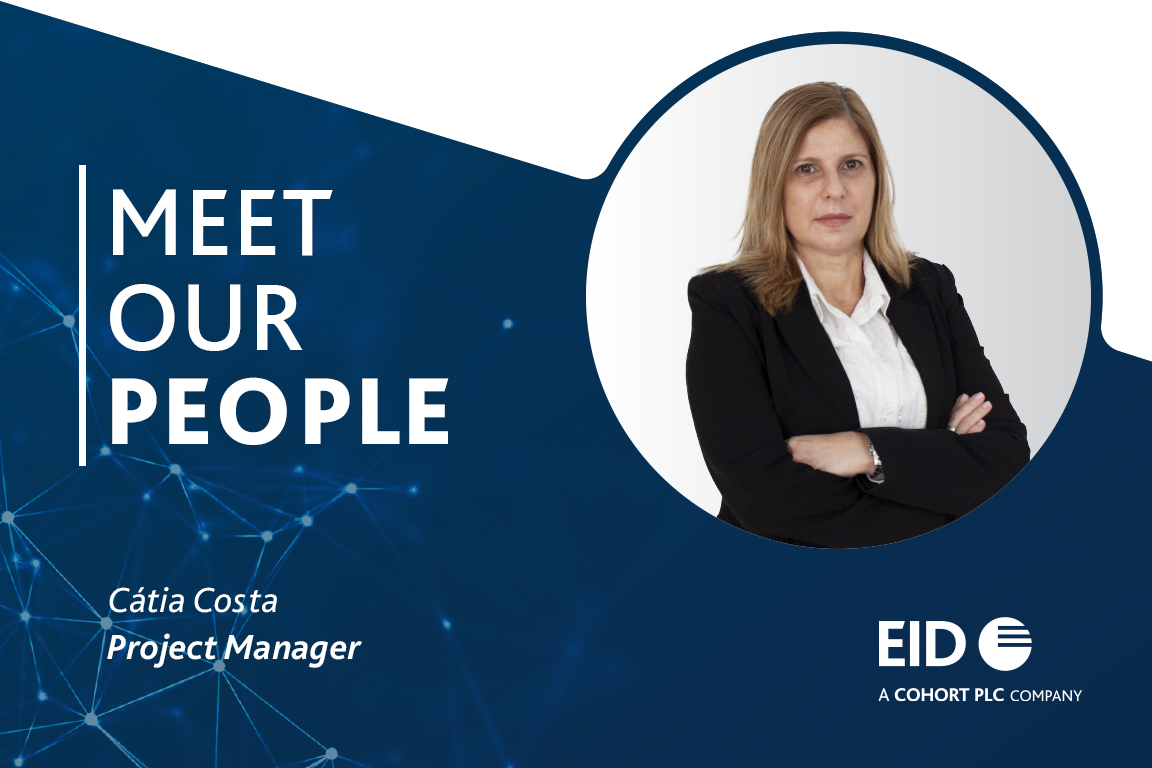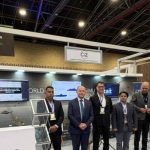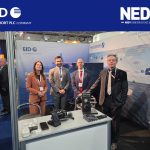At EID, people are the foundation of our company. EID is a combination of their stories, experiences and passions, which allow us to continue to grow and adopt innovative approaches to what we do. In this section, we introduce you to our team members, those whose commitment and dedication make EID the company it is today.
We were pleased to talk to Cátia Costa, Project Manager. Through the professional path that she shared with us we can gain a unique insight into how our company has grown and achieved success over the last years.
- You’ve started to work at EID in 2022, could you share a bit about your transition to the company? What were the main challenges you faced and how did you overcome them?
In 2022, before I joined EID, I was working for a well-known consultancy and an interview came up with a new client, EID. I remember that one of the meetings was with one of the EID Directors, who captivated me with his total control of words, and who urgently needed someone to be a BID Manager to work for a new Request For Quotation. I immediately identified myself with the challenge. I had a look on EID’s LinkedIn to see if the role was open, applied and here I am.
The biggest challenges were creating the team, passing on the vision of how the project would be conducted and the methodology to be used;
Giving the confidence that even with such a tight deadline for delivery, it will happen.
- As a Project Manager, you are regularly dealing with different teams and coordinating multiple tasks. In your opinion, what are the most important skills and characteristics that a project manager should have to ensure the success of projects at EID?
A project manager plays a crucial role in ensuring the success of the organization’s initiatives. Among the essential skills and characteristics that a project manager must have are leadership, being able to inspire, motivate and guide the team throughout the project; communication, to communicate effectively with all stakeholders, the team and others involved in the project; and organization, managing resources, deadlines, tasks and costs efficiency. Crisis management is also fundamental, enabling the manager to deal with unforeseen events and solve problems quickly, as is task delegation, distributing responsibilities effectively among team members. Flexibility is another important quality, allowing the manager to adapt to changes and adjust the plan as necessary. In addition, empathy, humility, the ability to listen and learn from mistakes are also important requirements when working within a team.
- Since you’ve been at EID, you’ve certainly experienced challenging projects. From your perspective, what are the most rewarding aspects of working at EID and what makes the work culture here different from other companies you’ve worked for?
I would highlight the organizational culture, there is a great involvement with the company’s culture and values, allowing long-lasting relationships to be built. Internal development is also important, as EID invests in the continuous training and development of its employees. In addition, the company promotes a flexible environment, characterized by a more agile and adaptable culture, and offers proximity to leadership, allowing a direct two way communication with leaders and partners. Another important point is the sense of ownership, where employees feel more connected to the company’ success. Finally, EID provides stability and commitment to its employees. Contrary to what I mentioned above, in the larger companies I worked for, hierarchical structures were more rigid, with several layers of management, which hindered the ability to make quick decisions. I would also highlight the more complex bureaucratic processes, due to the large number of players needed to complete tasks, and the fact that learning had to be accelerated, given the constant contact with different sectors and challenges.






